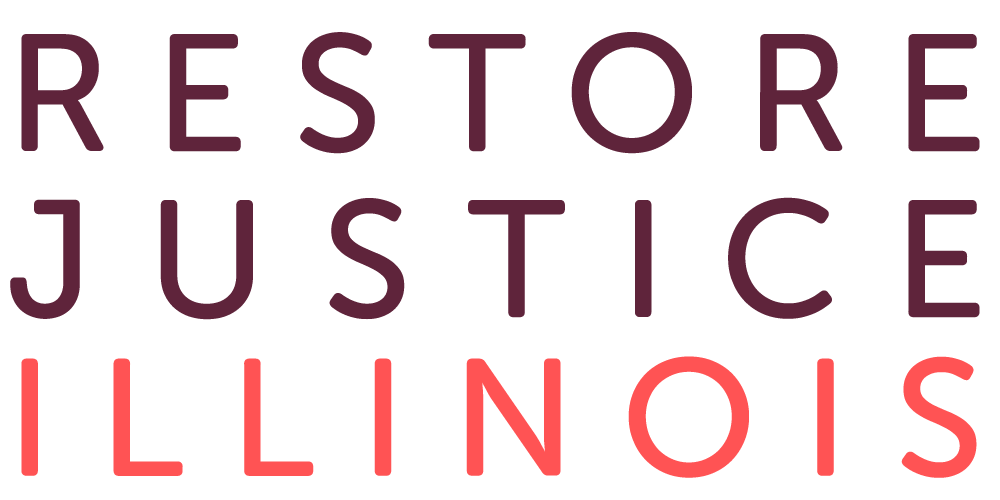CHARLES HUTCHINSON – 2022
CANDIDATE FOR THE ILLINOIS HOUSE’S 18TH DISTRICT
Party affiliation (options: Democrat, Republican, Independent, other):
REPUBLICAN
QUESTION 1: There are several areas of criminal sentencing law that help fuel long-term incarceration. For each of the policy areas below, please indicate if you support changes. Expand on your answer if you would like to share additional comments.
Mandatory gun enhancements: Judges must add 15 years to the sentence of a person 18 and older who possesses a firearm during a crime. For those ages 17 and younger, judges have the discretion to decide whether to add the gun enhancements.
Should Illinois make gun enhancements discretionary for everyone, even adults?
NO, PEOPLE DESERVE TO LIVE IN SAFE NEIGHBORHOODS. WE HAVE SEEN THE EFFECTS OF LENIENT PUNISHMENTS FOR GUN OFFENDERS. AS FAR BACK AS 2012, WGN NEWS PUBLISHED A STORY THAT MOST PEOPLE CHARGED WITH HOMICIDE HAD ONE THING IN COMMON, PREVIOUS CONVICTIONS OF GUN CRIMES. AS 2018 REPORT BY NORTHWESTERN UNIVERSITY’S INSTITUTE FOR POLICY RESEARCH SHOWED EXTREME GROWTH IN GUN MURDERS IN CHICAGO, A 42% INCREASE IN 2016 ALONE, WHILE NON-GUN MURDERS REMAINED CONSTANT. ALLOWING PEOPLE WHO USE GUNS TO COMMIT CRIMES BACK ON THE STREET SOONER LEADS TO MORE VIOLENT NEIGHBORHOODS.
Accountability: Accountability theory allows individuals to be convicted of the same serious crimes as their co-defendant(s) in an underlying felony, even if they did not directly participate in or plan to participate in the other crime. Should Illinois abolish or narrow the usage of accountability theory?
NO, PEOPLE WHO PARTICIPATE IN CRIMINAL ACTIVITY MUST BE HELD ACCOUNTABLE, ESPECIALLY IF THEY INTEND FOR THE CRIME TO OCCUR AND AID IN IT’S HAPPENING. TO ALLOW ACTIVE PARTICIPANTS, REGARDLESS OF BEING “PASSIVE” OR NOT, TO ESCAPE JUSTICE IS HARMFUL TO THE SURVIVING VICTIMS.
Earned sentencing credits: In Illinois, most individuals serving prison time are unable to earn time off their sentences for good behavior or for successfully completing rehabilitative programming because of a “truth in sentencing” law passed in 1998. This reduces incentives for good behavior and decreases safety in prisons. Should Illinois restore earned sentencing credits to pre-1998 levels?
NO, WHILE I DO AGREE WITH ALLOWING CONVICTED CRIMINALS TO DEMONSTRATE REMORSE AND WORK TOWARDS REHABILITATION OF THEMSELVES, AND SHOULD BE POSITIVELY REWARDED FOR SUCH ACTIONS, I BELIEVE THAT EARNING A 50% SENTENCE REDUCTION FOR MANY CRIMES, ESPECIALLY VIOLENT CRIMES IS TOO LENIENT AND UNFAIR TO THE VICTIMS OF THAT CRIME.
Parole review: Parole is early earned release and allows people who are rehabilitated to come home. Since Illinois abolished parole in 1978, the only people who are eligible for parole are those who were sentenced before 1978 and most young people under 21 who were convicted after June 2019. Should Illinois restore parole as a system for early release?
YES, I DO BELIEVE PAROLE SHOULD BE A POSSIBILITY FOR MANY NON – VIOLENT OFFENDERS.
Life without parole sentences for children and young adults: Following the U.S. Supreme Court’s decision in Miller v. Alabama, Illinois created parole review opportunities for most people 20 and younger entering the system. Youth could still serve their full sentence if the Prisoner Review Board and Governor reject their application for early release. Should Illinois now expand parole opportunities to all individuals convicted before age 21?
NO, FOR TWO REASONS; 1 – WE SHOULD NOT RETROACTIVELY APPLY CURRENT LAWS NOT IN PLACE WHEN A PERSON WAS CONVICTED, WHICH MIGHT INCLUDE A HARSHER PUNISHMENT THAN WHAT THEY WERE ORIGINALLY GIVEN. 2 – MOT “ALL” INDIVIDUALS CONVICTED OF A CRIME SHOULD BE CONSIDERED FOR PAROLE.
QUESTION 2: In 2021, the General Assembly created the Resentencing Task Force to consider innovative ways to reduce the prison population by exploring pathways for resentencing review. The Task Force will release its recommendations to the Legislature later this year. Given that Illinois eliminated parole or earned early release for most people in 1978, should people who are serving long sentences and who are rehabilitated be allowed the opportunity to apply for early release?
NO, AS PREVIOUSLY STATED I DO NOT BELIEVE CURRENT LAWS SHOULD BE RETROACTIVELY APPLIED TO CRIMINALS CONVICTED UNDER PREVIOUS GUIDELINES OR LAWS WHICH MIGHT INCLUDE HARSHER PUNISHMENTS.
QUESTION 3: What do you think are the best ways to address violence and ensure community safety?
OTHER:
MUCH OF THE VIOLENT CRIMES IN OUR NEIGHBORHOODS COME FROM A SMALL GROUP OF PEOPLE. MANY OF THESE PEOPLE ARE PREVIOUSLY CONVICTED AND OUT ON PAROLE, SOME SEVERAL TIMES OVER. PEOPLE HAVE A RIGHT TO LIVE IN SAFE NEIGHBORHOODS. PAROLE VIOLATORS SHOULD BE REMANDED IMMEDIATELY WITH NO FURTHER OPTION OF PAROLE GIVEN. POLICE ALSO NEED TO BE GIVEN THE TOOLS NECESSARY TO KEEP NEIGHBORHOODS SAFE. THE IDEA OF ESTABLISHING A ” NO-CASH ” BAIL SYSTEM MUST BE ELIMINATED.
QUESTION 4: What are your general thoughts on the criminal legal system in Illinois (i.e., anything related to policing, incarceration, prosecution, sentencing, or re-entry), and what do you see as the biggest opportunities for improvements over the next several years? Have you experienced any parts of the criminal legal system firsthand, whether through your own personal experience or that of a family member or friend, that you’d like to share?

